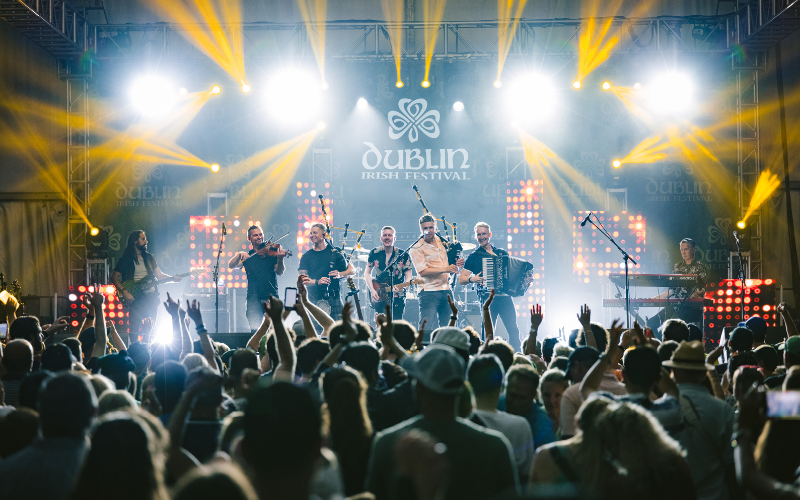"THERE has never been a prizefighter like Billy Conn," says his biographer Paul Kennedy, author of the new book Billy Conn - The Pittsburgh Kid.
"Handsome as a movie star and tougher than a junkyard dog, Conn threw combinations with the beauty and speed of later masters of the ring like Sugar Ray Robinson and Muhammad Ali."
The Pittsburgh Kid, as he was known to one and all, hailed from the hardscrabble East Liberty section of Pittsburgh and began boxing professionally at age 16, when his manager Johnny Ray decided to throw him at older, more experienced pros in a weekly "baptism of fire."
The remarkable thing was that Billy Conn always won.
Pittsburgh may be a city of two million souls, but it still has the small town feel that Billy Conn loved. "Everyone's closely knitted," he once told an interviewer. "A guy hits a guy in the Liberty, everyone knows about it right away, all over."
With its grim industrial factories and its skies black with coal smoke, it was a tough place to grow up and it made Billy Conn tough. H.L. Mencken, the most famous journalist of the era, wrote of Pittsburgh circa the 1930s that it was "so dreadfully hideous, so intolerably bleak and forlorn that it reduced the whole aspiration of a man to a macabre and depressing joke."
But Billy Conn was not laughing. He was already a once in a lifetime precocious talent and he knew it, developing quickly as though his life depended on it.
By the age of 20 he had defeated most of the world's best middleweights, by 21 he won the world light-heavyweight title, and he was still just getting started.
Next he beat three of the world's best heavyweights, one by knockout and two by an easy decision. His progress was relentless and unstoppable, and for a boxer of his skill and age only one challenge remained - a head to head fight with the uncontested heavyweight champion of the world, Joe Louis.
The first fight between Billy Conn and Joe Louis, one of boxing's all-time classics, is still ranked by some as the greatest fight in the history of the sport. The confrontation had all the classic elements - a poor Irish kid from the back streets chancing his arm against one of the sports greatest ever boxers - and for the screaming crowd it was exactly the stuff that American dreams are made of. Billy Conn's meteoric ascent to the top of his game looked unstoppable, with only Joe Louis standing between him and immortality.
"Billy Conn had his first professional fight when he was 16," says Kennedy. "He never went to high school, he started training right out of grade school when his talent was spotted. He began his career as a lightweight at age 16 and by the time he was 19 he was fighting main events. By this stage he was beating the titled top ranked middleweights of the era, such as Teddy Yarosz, Solly Krieger, Fred Apolstoli, and Babe Risko."
As a young unknown boxing promoters were still reluctant to give him his sought after title fights, though. But by 1939 he fought both middleweight champions (there was a dispute over who was the real champion) and beat them both, twice. Fred Apostoli and Solly Krieger both fell before him, marking his transition to the big leagues.
Says Kennedy, "He was still very young when he beat the middleweights and he was growing bigger and taller by the day so he quickly became what they call in boxing a light heavyweight. The new status led to new bouts and at that weight he beat Emilo Bettina, also in 1939. This turned him into an overnight sensation."
It was not just the boxing world that was paying attention now. Billy Conn's rugged good looks were getting him noticed by eager Hollywood casting directors, people who knew that his personal rags to riches story was already box office gold. Already they were making offers; already there was quite a life story to tell.
Conn's father, Billy Senior, of Scots-Irish heritage, had worked at the nearby Westinghouse factory for over 40 years. (Billy's mother Maggie McFarland was a native of Cork who came to the U.S. as a young child.) Over time, Billy had begun to call his old man Westinghouse instead of Dad.
Even in the worst of the Depression, Billy Senior had kept his job as a steam fitter, and he was justifiably proud of the fact, taking his oldest boy down to the plant one day and pointing to it saying, "Here's where you're gonna work, son."
Billy Junior was appalled "That scared the s*** out of me," he remarked years later.
Shortly thereafter he began to apprentice as a prizefighter, and when he got to New York and began to charm the press he could honestly boast that his greatest achievement in life was never having worked a day.
He was boxing to win titles, certainly, but he was also in it to make good. June 18, 1941 was the night set for the Joe Louis fight at the Polo Grounds in New York City. Conn crossed himself when he climbed into the ring that night.
Miles away, at home in Pittsburgh, Conn's 40-year-old mother had been diagnosed with cancer and was near to death. He couldn't stop thinking about her.
He was also thinking of his pretty young fianc Mary Louise. Her father strongly disapproved of her dalliance with a lowly boxer and so they were secretly planning to elope.
Mulling over these developments, Conn hadn't slept the night before the fight. Under the circumstances it was amazing he had any room left to consider the task that lay before him at all.
In boxing, they say, the legs always go first. Conn's title fight against Lewis his legendary opponent ran to 13 rounds and looked as if it would never end.
It seemed as if America had come to a standstill to listen to it on the radio. No one could remember a fight like it. It was chaotic and endless and yet completely unforgettable. The crowd was roaring "Billy," the world title looked like it was coming to him, and then it happened - out of nowhere Louis cut through all of his defenses and landed one steamrolling left hook on Conn's jaw.
Conn circled for what seemed like forever and then fell into a slow, arching fall. As he blacked out he heard the announcer calling: "The winner and still champion of da worl."
It didn't matter. That was what he realized. Life happens fast and there's no time to lose.
Days after the title fight his beloved mother passed away. He got married to his high school sweetheart the day after her funeral. There was the movie offer and he had already made enough to live comfortably. Westinghouse was someone else's fate now, not his.
And Conn never lost it, not by a long shot. At the age of 72 he was in a local Pittsburgh supermarket with his wife when a young kid pulled a gun to rob the store.
Conn took one look at the fresh-faced 18-year-old hood and stepped up to him. "Hey kid," he said, and the kid turned to look at him.
With that Billy Conn laid a left hook, one as powerful as Joe Louis had planted on him back in 1941, square on the kid's jaw. The kid was out cold.
"You gotta use your best shot," Billy Conn told the local news reports. Life had taught this Irish American legend that.
(Billy Conn - The Pittsburgh Kid, by Paul Kennedy, Author House $15.99.)




Comments